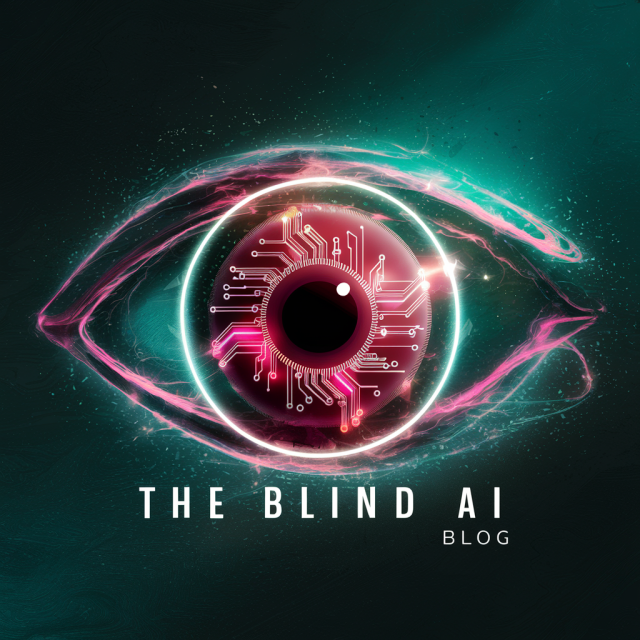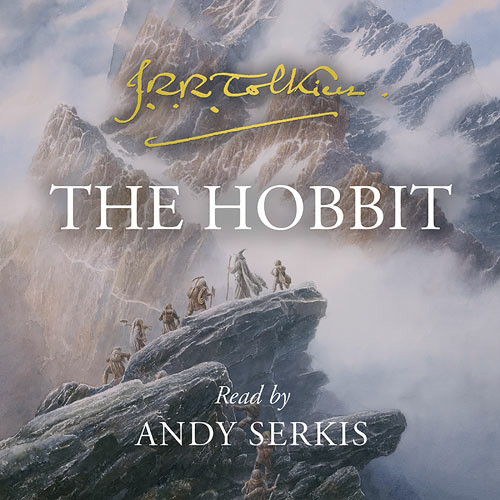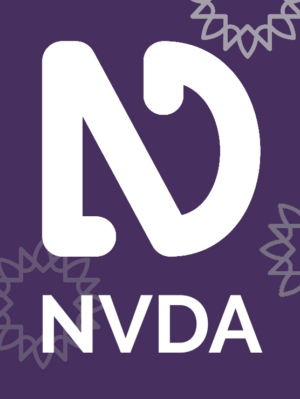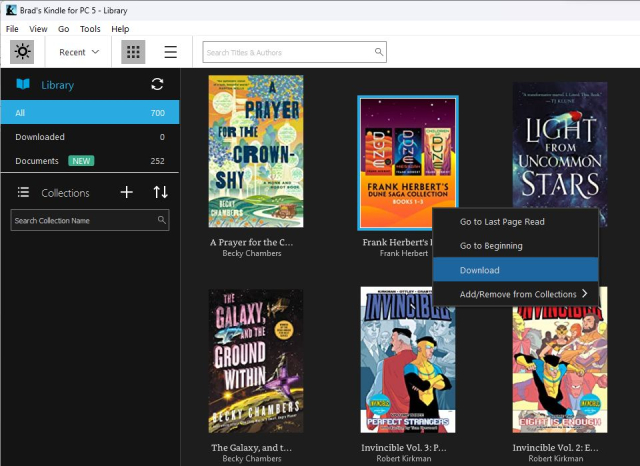Reading WITHOUT Sight: Challenging the Ableist Assumptions of Non-Visual Literacy
In today’s world, where accessibility is supposedly ever-expanding, comments on how blind people read – or rather, whether we “really” read – reveal a significant amount of latent ableism. When someone remarks, “You’re not really reading because you have to listen to it,” they are unwittingly touching on deep-seated biases that marginalize blind people and our experience. For me, as a blind person, these comments feel aggressive, like a slur that undermines not only my intellect but my very existence within a literate society. The underlying suggestion that my method of consuming literature is somehow less legitimate than traditional reading reflects a lack of understanding and a failure to appreciate the richness of alternative literacy.
At its core, this statement implies that visual reading is the only valid form of reading – an attitude deeply rooted in ableist assumptions. Just as the sighted world learns and adapts to new ways of accessing information, blind people, too, use technology to bridge gaps that were once insurmountable. By suggesting that listening to an audiobook or using a screen reader is inferior to reading with one’s eyes, the speaker perpetuates a narrow view of literacy that excludes anyone who does not fit their narrow definition of a reader.
The Emotional Impact of Dismissive Comments
Hearing such remarks can be hurtful. When someone tells me I’m not “really reading,” they trivialize the effort, love, and passion I pour into every book. Reading, in any form, is more than just a mechanical process; it’s an engagement with ideas, narratives, and emotions. Denying my capacity to “really” read is akin to erasing my agency in choosing to explore literature. It dismisses my experience and can feel like a personal attack, minimizing my intelligence and curiosity.
Moreover, these comments strip away the nuances of my identity and life experience as a blind person. They ignore the reality that many of us navigate systems not designed with us in mind, yet we adapt with resilience and creativity. Listening to a book, for me, is as much an engagement with its content as sighted reading is for others. This medium allows me to dive into narratives, to imagine worlds, and to connect with characters just as vividly as if I were reading visually. Such a remark does not just invalidate my experience, but it also points to a societal failure to recognize and celebrate the diverse ways people interact with literature.
Understanding the Roots of Ableism
Ableism, at its core, stems from a belief that certain abilities, like sight, are inherently superior. This mindset manifests in the way sighted people sometimes view adaptations like screen readers or braille as substitutes, rather than as equally valid methods of accessing information. This thought pattern diminishes the lived experiences of blind individuals and subtly implies that we’re only half-participating in the world of literature. The comment reflects an ideology that upholds one mode of experiencing the world as ideal, while relegating others to second-class status.
Furthermore, literacy is a concept that should not be defined by sensory modality. Whether through braille, audio, or screen readers, blind readers engage in the same cognitive processes of understanding and analying text. These methods are not merely compensatory but rather alternate pathways that lead to the same destination.
Responding Constructively
Addressing this kind of ableism requires a blend of assertiveness and education. In responding to these comments, I could say something like, “When you suggest that I’m not really reading, it feels as if you’re diminishing my engagement with the text. For me, listening to a book offers the same intellectual and emotional journey as sighted reading does for you. It’s not about the method; it’s about the experience of connecting with the material. I’d appreciate it if we could acknowledge that there are many valid ways to be a reader.”
By framing the response in this way, I affirm my own experience while gently inviting the person to reconsider their assumptions. Another approach could be to highlight the diversity of literacy methods available today: “There’s a wide range of ways people can read now, whether through audio, braille, or text-to-speech technology. These methods open up the world of literature to more people and should be celebrated rather than diminished.”
My hope is that, in responding to these comments, I can foster a moment of reflection for others. Reading is about engaging with ideas and stories, not about the medium through which we access them. Ableist remarks about non-visual reading, though sometimes spoken thoughtlessly, present an opportunity to open minds and broaden perspectives. By sharing my experience, I contribute to a more inclusive understanding of literacy and help to dismantle the harmful stereotypes that still persist.
Conclusion
Reading is not an act confined to the eyes; it is an intellectual and emotional endeavour that transcends sensory modality. For many blind people, it is the ultimate expression of our love for stories, our curiosity, and our intellect. When someone diminishes my experience as “not really reading,” they underscore a fundamental misunderstanding of what it means to be a reader. As we continue to expand our understanding of accessibility, it is crucial to challenge and reframe such biases. Only by doing so can we begin to recognize and respect the many ways in which people interact with the written word, enriching our collective experience of literature in all its forms.
#Ableism #Accessibility #Audible #Blind #Braille #Disability #Equality #Inclusion #Kindle









